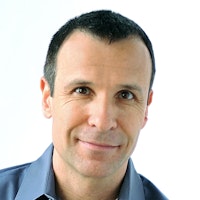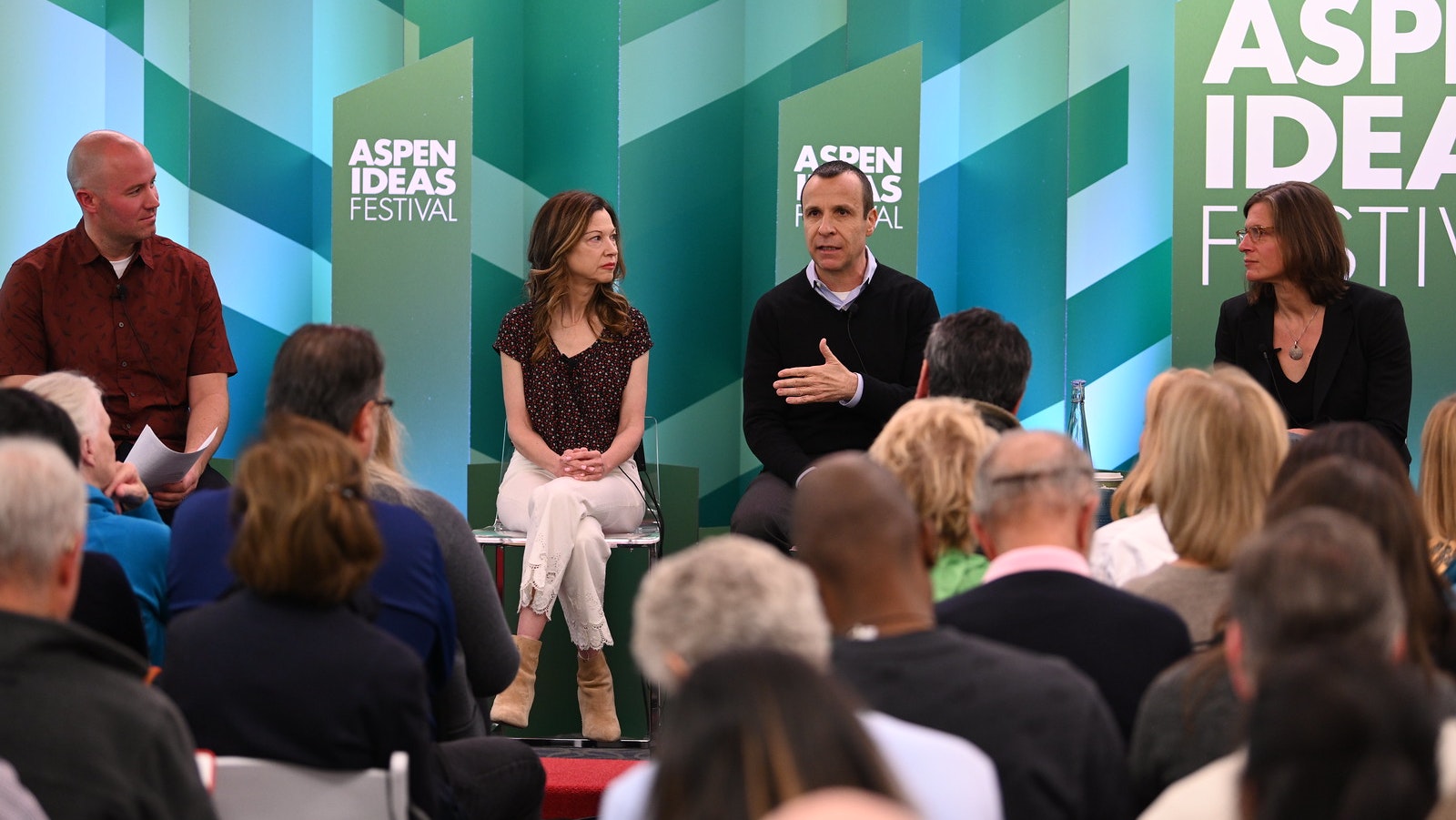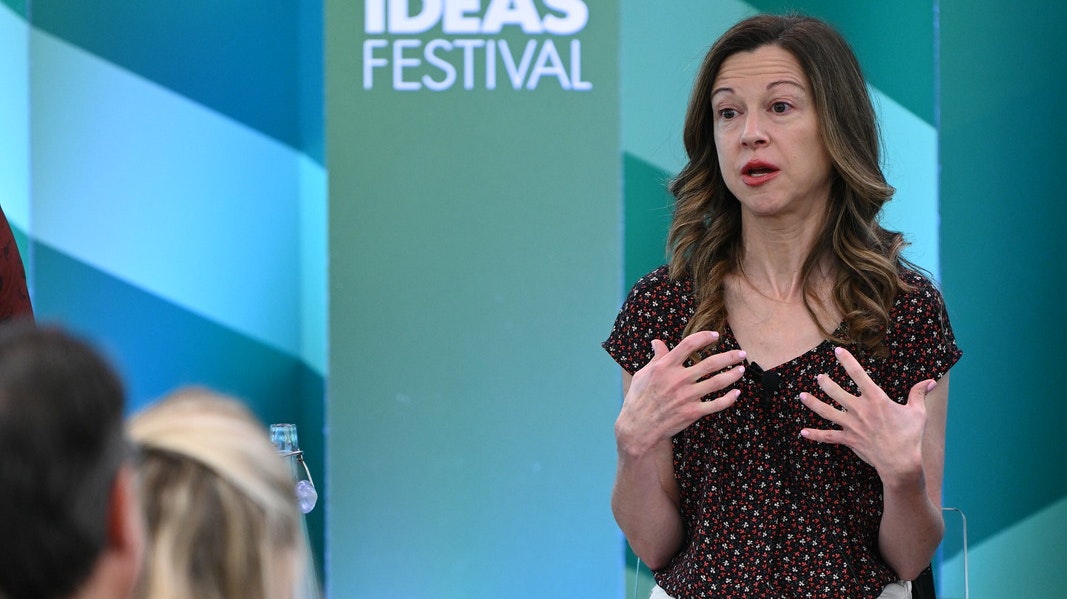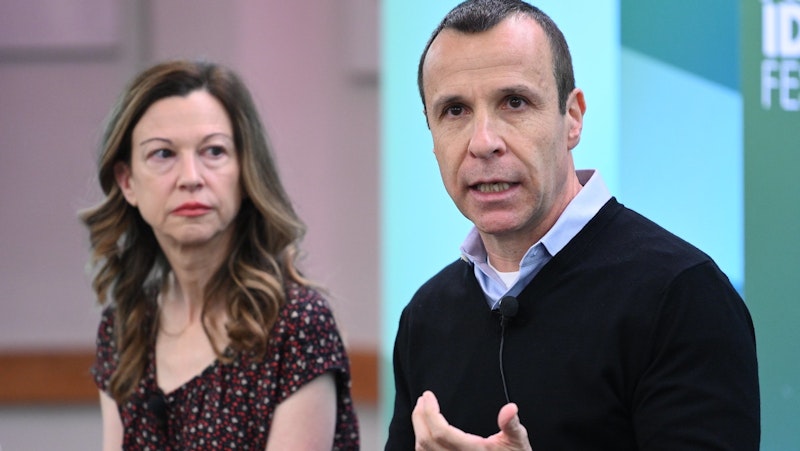
Harnessing the Power of Emotions
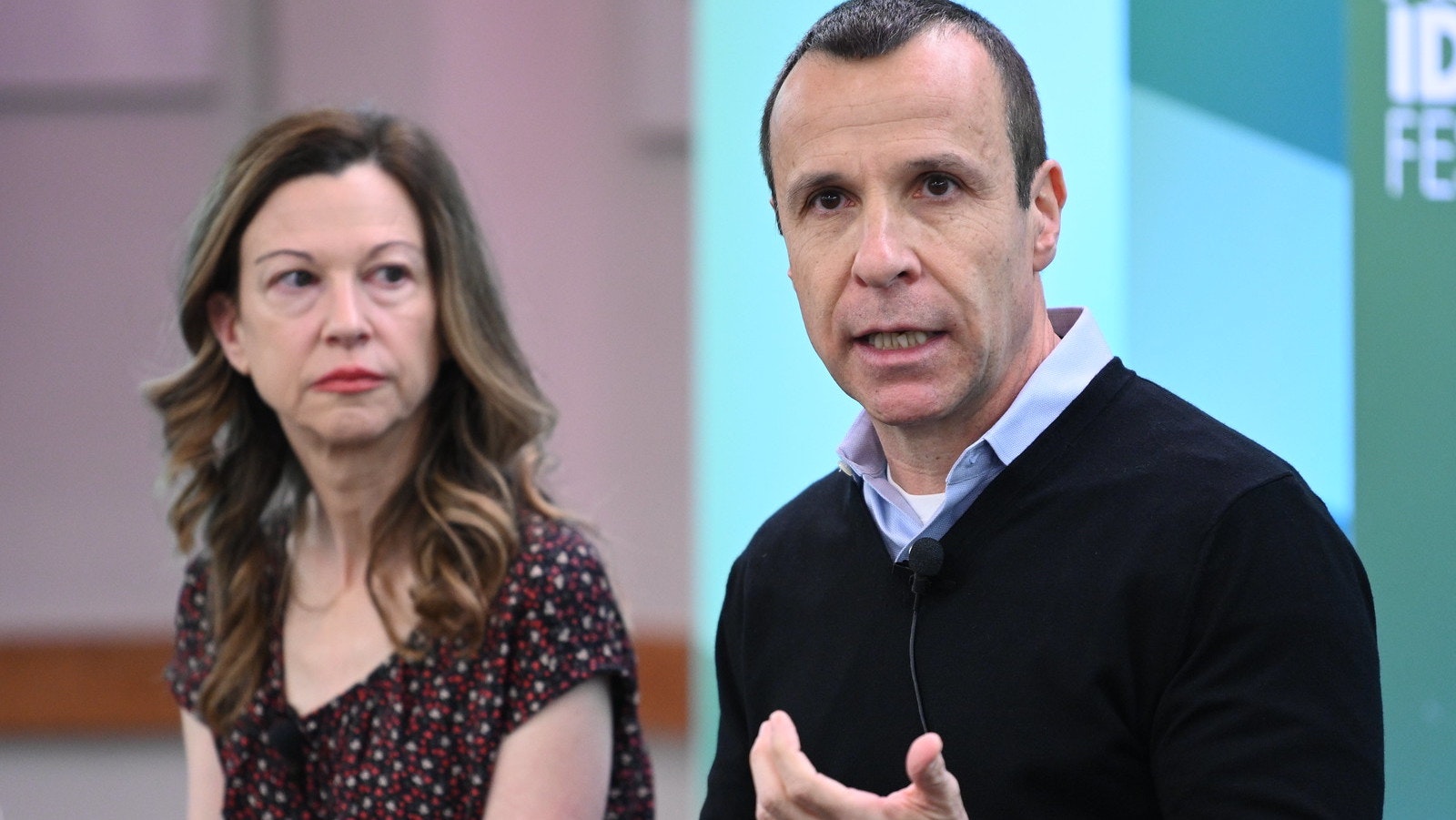
As a general rule of thumb, if you’re feeling something, it’s valid.
Setup
When we understand how our emotions work — and how they can trick us for both good and bad outcomes — we can turn them into superpowers. Hear from researchers and practitioners who offer intriguing ways to think about emotions. They suggest ways to better navigate our inner lives and relationships with those around us.
Put your emotions to work and turn them into superpowers
Whether it’s with a partner, family member, therapist, or boss, talking about emotions is never easy. But why is it so hard? Because it makes us feel incredibly vulnerable and weak, says psychotherapist and bestselling author Lori Gottlieb — like we don’t have a handle on our lives. “But talking about our feelings is a sign of strength,” she says. It shows that you value your emotional well-being and know that it impacts every other aspect of your life.
Big IdeaFollow your envy; it tells you what you want. Our emotions are like GPS. They help to guide us... if you don’t use them to guide you, then you’re working with a glitchy GPS.Lori Gottlieb
To get your emotions to work for you, you must be willing to open up about them. After all, there’s a reason we have them. From an evolutionary perspective, says psychology professor Jessica Tracy, humans evolved to have emotions because they are functional and adaptive — they help us survive and pass on our genes. Emotions that are most stigmatized, like shame and envy, can actually be the most useful in understanding how we relate to ourselves and the people around us.
How to have a better relationship with the voice inside your head
The person you talk to the most over your lifetime isn’t your partner, best friend, or sibling — it’s you. We are horrible to ourselves, says Lori Gottlieb. We’re our own worst critics, and often that inner voice sounds like a bully. So how do we become more grounded in reality, and move away from self-criticism toward constructive self-reflection? Watch Lori Gottlieb and psychologist Guy Winch discuss how to have a better relationship with the voice inside your head:
Big IdeaOur mind is a very powerful tool, but it requires adult supervision.Guy Winch
The power of validating others
When we experience an emotional wound, we really just want one thing, says Guy Winch. We want to have our emotions validated and we want to feel understood. So the next time you’re late meeting a friend or forget an anniversary, start with validating your friend or partner’s feelings. Before the excuses, explanations, and “buts,” says Winch, you must acknowledge their emotions. Not only is this cathartic for them, it allows you to offer your side of the story.
Did you know?
How we navigate our emotions in relation to others is central to our happiness and the health of our relationships. We grow in connection, Lori Gottlieb says. “Fundamentally we want to love and be loved.” Evolutionarily, there’s a reason we crave close connection and belonging — it’s key to our survival, explains Jessica Tracy. Being able to connect with others through our emotions allows for the development of tight-knit communities that have a better chance of weathering whatever life throws their way.
Idiot compassion versus wise compassion
Learning how to better empathize with others, and yourself, is crucial to building strong relationships. But there’s a difference between the kinds of empathy and compassion we can offer and it’s important to understand that distinction. Watch Lori Gottlieb explain how she classifies “idiot” compassion and “wise” compassion:
Wise compassion is giving insightful feedback, and it’s important to know when and how much wise compassion to give, says Gottlieb. In the immediate aftermath of an emotional event, most people don’t want wise compassion — they just want to be heard and understood. Understanding somebody doesn’t mean agreeing with them, she explains, but when an emotional injury is raw, she suggests listening without trying to fix the problem. As time goes by, you can dole out greater amounts of advice and insight.
Learn More
Additional Information
Resources
Maybe You Should Talk to Someone
TED Talk: Why we all need to practice emotional first-aid
Pride: The Secret of Success
Explore More
Health


Being a parent today is full of stress, pressure and information overload. Experts offering advice are everywhere, and for some parents, the wealth of available resources can...


The quest for work-life balance is never ending for many of us. The advice in this talk from the 2023 Aspen Ideas Festival still holds a lot of relevance, so we’re bringing it...


Living as a trans person in America comes with its share of challenges, which are sometimes even life-threatening. But some say it can also open up access to incredible freedo...


The rapid development of the Covid-19 vaccine and the ramp-up of manufacturing and global distribution were unprecedented feats of medical coordination. But those on the insid...

Since 2014, Aspen Ideas: Health has welcomed nearly 800 inspiring women leaders to our stages to share their bold approaches to better health. In honor of Women's History Mont...

Global conflicts and health crises have put into stark relief deeply-ingrained gender roles in society. Yet the past years have also seen record-high numbers of women running...

The people in our lives shape who we are. But great relationships don’t just happen — they take care, intention, and ongoing effort. How do you know when to let go, adjust exp...


Advances in medicine and healthy living mean that more and more people will live to be 100. But just because their bodies can last doesn’t mean their bank accounts will keep u...


In the early days of cable television, there wasn’t a single network aimed at Black audiences. Sheila Johnson and her husband at the time saw an opening, and put all their hop...

Our attitudes, habits, pleasures, and responsibilities shift across the generations, influencing the health challenges we face and how we respond to them. Expectations about h...


Owning a professional sports team is not for the faint of heart. Results are volatile and wins and losses come with the strong emotions of a city’s fan base. But it’s a sound...

Setting audacious goals helps to redefine what is achievable in health, medicine, and science. As we deepen understanding of the human genome, unravel the mysteries of the bra...


Looking around and experiencing the suffering and injustice in the world can make it difficult to believe that happiness exists. But the Judeo-Christian tradition teaches that...


This episode is from the 2022 Aspen Ideas Festival, but we’re bringing it back because it’s still as relevant as ever. Though it can sometimes feel like conflict and discord i...

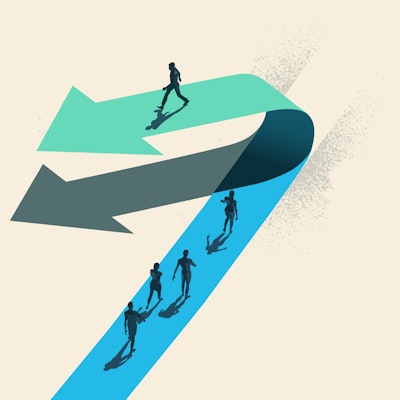
Sir Ken Robinson believed that as a society, we tragically underestimate and underutilize human ability. We create linear systems for our minds modeled on industry and manufac...

As we wrap-up another year of elevating big ideas at Aspen Ideas: Health, we're excited to share the 15 most-watched sessions from the event. These conversations with inspirin...


Young people in America are struggling. The causes are varied and may not be entirely clear, but the results are unfortunately unmistakable. Many of our youth feel lonely, iso...
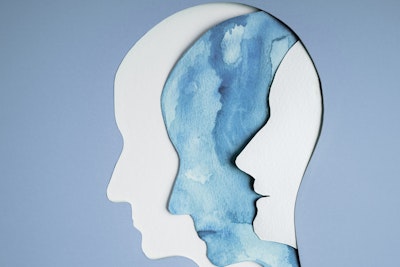
In America, millions of people struggle with mental health including depression, anxiety, and more — all further exacerbated by living through a pandemic. The National Allianc...

New York Times columnist and bestselling author David Brooks is known for bringing his thoughtful reflections on politics and culture, but at this year’s Aspen Ideas Festival,...

Jump in by watching our 15 most popular talks of all time. From black holes to jazz and civil rights to psychology hacks, we've collected the talks that remain audience favori...







